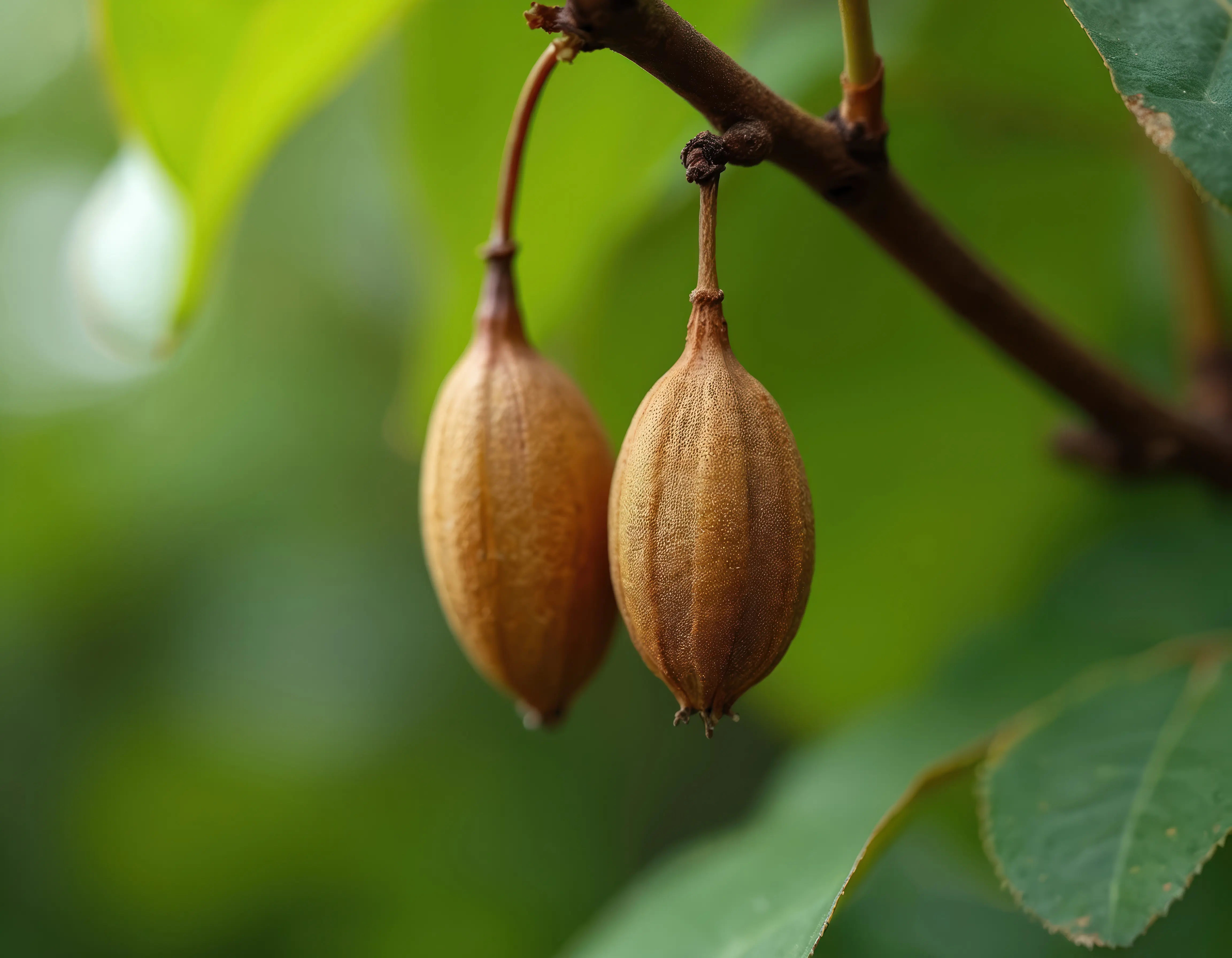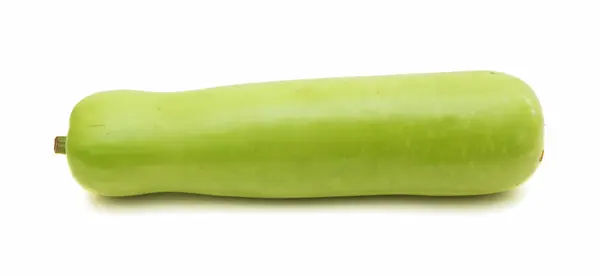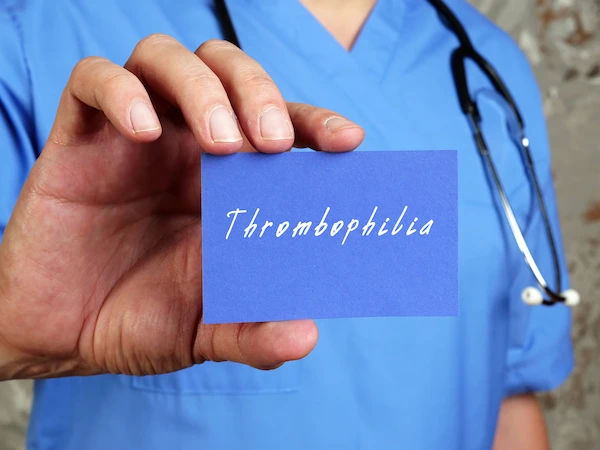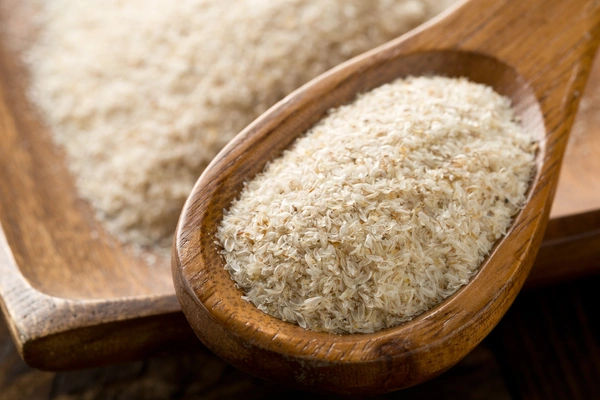Health Benefits of Dates and Delicious Date Recipes
Discover dates' benefits: a fibre-rich energy food and versatile natural sweetener. Learn nutrition facts, smart portions, and easy recipes you'll love.

Written by Dr. Md Yusuf Shareef
Reviewed by Dr. Dhankecha Mayank Dineshbhai MBBS
Last updated on 13th Jan, 2026

Introduction: Why Dates Deserve a Spot in Your Kitchen
If you love wholesome foods that taste great and work hard for your health, dates are a smart choice. This naturally sweet fruit is packed with fibre, minerals, and plant compounds—and it’s incredibly versatile.
From quick snacks to easy desserts, dates can replace refined sugar in many dishes while giving you more nutrients per bite. In this guide, you’ll learn about dates’ benefits backed by credible sources, how to use dates as energy foods for active days, and simple ways to enjoy them as natural sweeteners without overdoing sugar. We’ll also share practical portion tips and healthy, delicious date recipes you can make today. Consult a Top Nutritionist for Personalised Advice
What Are Dates? A Quick Nutrition Snapshot
Dates are a powerhouse of natural nutrition and sweetness. They come primarily in dried form, which concentrates their energy and nutrients for convenient everyday use.
Dates are the fruit of the date palm tree. Most of what you’ll find at the store are dried dates (often Medjool or Deglet Noor), which means they’re naturally concentrated in energy and nutrients.
Key Nutrients in Dates
• Carbohydrates for energy: Dates are rich in natural sugars and starch, making them a quick and convenient energy source.
• Fibre: Supports digestive health and a feeling of fullness, contributing meaningfully to your daily intake.
• Potassium: A heart-friendly mineral that supports healthy blood pressure.
• Magnesium: Involved in muscle and nerve function, as well as energy metabolism.
• Antioxidants: Polyphenols and other plant compounds that help protect cells from oxidative stress.
• Micronutrients: Small amounts of B vitamins and other trace minerals.
Because dates are a dried fruit, their nutrients—and calories—are more concentrated than fresh fruit. Whole dates still provide fibre and beneficial compounds compared with refined sugar, which delivers sweetness but few nutrients.
Dates Benefits: What Science Says
Dates offer multiple nutritional advantages that support overall well-being. Eaten in moderation, they can promote energy, digestion, and heart health.
Dates won’t replace medical treatment or a balanced diet, but they can support your health in several meaningful ways when eaten in sensible portions.
Steady Energy from Whole-Food Carbohydrates
Dates are an excellent source of natural energy, ideal for both active individuals and busy lifestyles.
• Quick pick-me-up: Their fast-acting carbohydrates are helpful before or after a workout or on a long day.
• Balanced with fibre: Unlike sweets or syrups, dates contain fibre that helps prevent sharp energy spikes and crashes.
• Practical tip: Pair dates with protein or healthy fats (like nuts or yoghurt) for lasting energy.
Digestive Health Support from Fibre
Fibre plays a major role in maintaining gut health, and dates can help fill the gap in most diets.
• Many people don’t meet daily fibre goals, and dates offer an easy way to increase intake.
• Fibre aids regular bowel movement and supports cholesterol management.
• Chopped dates in oatmeal or salads make a simple, tasty fibre boost.
Heart-Smart Minerals: Potassium and Magnesium
These two minerals help maintain cardiovascular health and proper muscle function.
• Potassium: Helps counter sodium’s effects on blood pressure, supporting heart health.
• Magnesium: Important for nerve and muscle function, energy metabolism, and enzyme activity.
• Replacing refined sweets with dates means enjoying sweetness with added nutritional value.
Antioxidants and Overall Wellness
Antioxidants from dates contribute to long-term health protection.
• Dates contain polyphenols and flavonoids, compounds that reduce oxidative stress.
• A diet rich in colourful fruits, including dates, supports cell protection and general well-being.
How to Enjoy Dates Without Overdoing Sugar
Dates are nutrient-dense but high in natural sugars—so mindful portions make them both delicious and balanced.
Even small amounts can provide sweetness, fibre, and minerals without excessive sugar intake.
Smart Portion Ideas
• Snack-sized: 1–2 large dates (Medjool) or 2–3 smaller dates per snack.
• Chopped mix-ins: 1–2 tablespoons of chopped dates in oatmeal, yoghurt, or salads.
• Baking swaps: Replace half of the refined sugar with date paste in baked goods.
Pairing for Better Balance
Pairing dates with other nutrient-dense foods enhances their benefits and satiety.
• Add protein: Nut butter, Greek yoghurt, or nuts help slow sugar absorption.
• Add fibre and healthy fats: Combine with chia, flax, or seeds for more fullness.
• Add acidity: Lemon juice or yoghurt balances sweetness and brightens flavour.
Blood Sugar Considerations
Whole dates are better than added sugars, but they’re still carbohydrate-rich.
• For people with diabetes or prediabetes, portion control and pairing with protein or fat is essential.
• Monitoring your body’s response with guidance from a healthcare professional is always advised.
Potassium and Other Special Considerations
Dates are generally safe for most people, but certain health conditions require moderation.
• Those with restricted potassium intake (e.g., chronic kidney disease) should consult a healthcare provider.
• Always remove pits before eating and chop dates for young children to prevent choking.
• Store dates in airtight containers—refrigeration extends freshness.
Natural Sweeteners: Baking and Cooking with Dates
Dates are an excellent alternative to refined sugars, bringing a natural sweetness and caramel flavour.
They offer the benefits of fibre, minerals, and antioxidants that refined sugar lacks.
Ways to Use Dates
• Whole or chopped: Stir into oatmeal, trail mix, or salads.
• Date paste: Blend pitted dates with warm water to create a thick, fibre-rich sweetener.
• Date syrup: Use sparingly for drizzling; it’s closer to added sugar.
• Smoothies: Blend one date to replace a spoonful of sugar or syrup.
Health experts recommend limiting added sugars, so using whole dates or paste is generally a more nutrient-dense option.
6 Easy, Healthy Date Recipes
These balanced recipes highlight dates as natural sweeteners and energy boosters.
They combine taste and nutrition for snacks, breakfasts, and light desserts.
1) Almond Butter–Cocoa Date Energy Bites
No-bake, freezer-friendly, and perfect for a quick energy boost.
Ingredients:
12 pitted Medjool dates, 1 cup rolled oats, ½ cup almond butter, 2 tbsp cocoa powder, 1–2 tbsp chia or flax, salt, vanilla, water as needed.
Directions:
Process oats, then blend all ingredients until sticky. Roll into balls and chill.
2) Cinnamon Date Overnight Oats
A dessert-like, fibre-rich breakfast to start your day.
Ingredients:
½ cup oats, ¾ cup milk, 1 chopped date, 1 tbsp chia, ½ tsp cinnamon, salt, fruit or nuts for topping.
Directions:
Mix ingredients in a jar, refrigerate overnight, and top with fruit or yoghurt in the morning.
3) Stuffed Dates Three Ways
Sweet, salty, or chocolatey—these are satisfying two-bite snacks.
Variations:
• Nutty: Almond butter with crushed peanuts and sea salt.
• Savory: Goat cheese with pistachios and olive oil.
• Chocolate: Tahini with dark chocolate and sesame seeds.
4) Roasted Carrot, Arugula, and Date Salad
A colourful, flavour-balanced salad with sweet, tangy, and crunchy textures.
Ingredients:
Carrots, arugula, dates, nuts, and a lemon-Dijon dressing.
Directions:
Roast carrots, toss all ingredients with dressing, and serve warm.
5) Creamy Peanut Butter–Date Smoothie
A naturally sweet and filling drink packed with protein.
Ingredients:
Milk, frozen banana, 1–2 dates, peanut butter, oats, cinnamon, ice.
Directions:
Blend until smooth for a creamy, energising treat.
6) One-Bowl Date-Sweetened Banana Bread
Soft, wholesome, and ideal for snacks or breakfast.
Ingredients:
Whole-wheat flour, ripe bananas, date paste, oil, eggs, vanilla, nuts (optional).
Directions:
Combine ingredients, bake for 50–60 minutes at 175°C, and cool before slicing.
Shopping, Storage, and Prep Tips
Selecting and storing dates properly preserves their quality and flavour.
Fresh, glossy dates are best for both eating and cooking.
• Choosing: Pick plump, shiny dates without crystals or dryness.
• Pitted vs. whole: Whole dates last longer; always check for pits.
• Storage: Airtight containers keep them fresh; refrigerate for months or freeze for longer.
• Softening: Soak firm dates in warm water for 5–10 minutes before use.
Conclusion
Dates are delicious, versatile, and nutrient-dense. When used thoughtfully—as whole fruit in snacks and recipes—they offer sweetness with fibre and minerals. Whether you’re exploring date benefits for everyday health, looking for energy foods, or choosing natural sweeteners for baking, small portions and smart pairings can make dates a valuable part of your balanced diet. Consult a Top Nutritionist for Personalised Advice
Consult a Top Nutritionist for Personalised Advice

Dr. Ramalinga Reddy
General Physician
5 Years • MBBS MD General medicine
Bengaluru
PRESTIGE SHANTHINIKETAN - SOCIETY CLINIC, Bengaluru
Ms. Bhavana Shetty
Dietician
7 Years • DDHN & Masters in Clinical Nutrition & Dietetics
Bangalore
Apollo Sugar Clinic, Seetha circle bangalore, Bangalore

Dt. Prabhavathy
Clinical Nutritionist
8 Years • Msc Human Nutrition & Nutraceuticals
Madurai
Apollo Sugar Clinics, Madurai, Madurai
Dt. Ila Sharma
Clinical Nutritionist
18 Years • Master in food & Nutrition
Gurugram
VIPUL GREENS - SOCIETY CLINIC, Gurugram
Dr Sumanth R
General Physician
2 Years • MBBS
Bengaluru
PRESTIGE SHANTHINIKETAN - SOCIETY CLINIC, Bengaluru
Consult a Top Nutritionist for Personalised Advice

Dr. Ramalinga Reddy
General Physician
5 Years • MBBS MD General medicine
Bengaluru
PRESTIGE SHANTHINIKETAN - SOCIETY CLINIC, Bengaluru
Ms. Bhavana Shetty
Dietician
7 Years • DDHN & Masters in Clinical Nutrition & Dietetics
Bangalore
Apollo Sugar Clinic, Seetha circle bangalore, Bangalore

Dt. Prabhavathy
Clinical Nutritionist
8 Years • Msc Human Nutrition & Nutraceuticals
Madurai
Apollo Sugar Clinics, Madurai, Madurai
Dt. Ila Sharma
Clinical Nutritionist
18 Years • Master in food & Nutrition
Gurugram
VIPUL GREENS - SOCIETY CLINIC, Gurugram
Dr Sumanth R
General Physician
2 Years • MBBS
Bengaluru
PRESTIGE SHANTHINIKETAN - SOCIETY CLINIC, Bengaluru
More articles from General Medical Consultation
Frequently Asked Questions
1) Are Dates Healthy for Everyday Eating?
Yes, in moderation. Dates provide fibre, potassium, and antioxidants, making them a nutrient-rich sweet option when included in a balanced diet.
2) How Many Dates Should I Eat in a Day?
For most adults, 1–2 large dates or 2–3 smaller ones per day are reasonable. Adjust based on calorie and sugar needs.
3) Are Dates Good for People with Diabetes?
Whole dates contain fibre and nutrients but remain high in carbohydrates. Include small portions, balance with protein or fat, and monitor blood glucose.
4) Are Dates Better Than Sugar in Recipes?
Yes, whole dates and date paste add fibre and minerals absent in refined sugar. However, date syrup counts as added sugar and should be limited.
5) Can I Use Dates to Fuel Workouts?
Absolutely. Dates are excellent for quick energy before or during endurance activities like hiking or workouts, especially when paired with water and electrolytes.
This article is for general information only and does not replace personalised advice from your healthcare provider or a registered dietitian.




